Artificial intelligence (AI) is opening up new possibilities in various areas of human life, from customer service and entertainment to education and even religion. The first wedding ceremony in the US state of Colorado has already taken place, with ChatGPT acting as the priest.
But the potential of artificial intelligence is as exciting as it is scary. Here are seven reasons why we fear AI more than ever.
7. Fear of the unknown

The rapid pace of development of artificial intelligence is creating a perfect storm of human mistrust. If machine intelligence surpasses human intelligence, what will happen to humanity? And when will it happen? The truth is, we don’t know the exact answer to these questions.
Some experts predict that artificial intelligence systems capable of outperforming humans could emerge within the next few decades, while others believe it may take longer.
6. Books and movies predict a bleak future for humanity due to AI
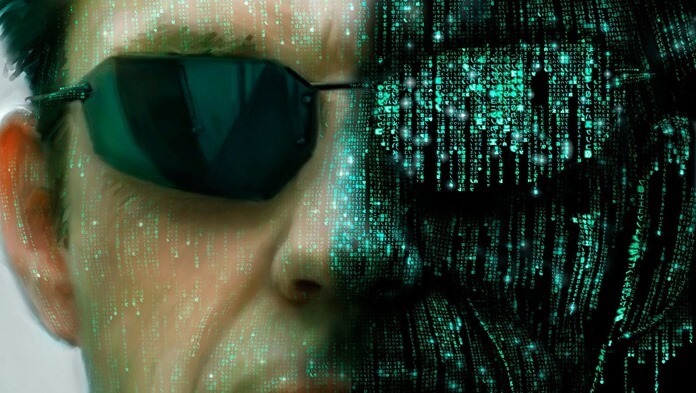
1968's 2001: A Space Odyssey predicted tablet computers and voice-controlled artificial intelligence. Neuromancer, published in 1984, explored hacking, artificial intelligence, and the blending of reality and virtuality.
Movies like The Terminator, Ex Machina, Blade Runner, and The Matrix have successfully introduced the concept of malevolent AI into popular culture. Few films have portrayed a positive relationship between humans and artificial intelligence like Bicentennial Man.
5. Fear of losing your job

Could generative AI replace humans in some jobs? It’s possible. Robots don’t eat, sleep, or take breaks. The ability of machine intelligence to imitate human creativity and create useful content like paintings, music, or even articles is a concern for professionals in these fields.
Additionally, the automation of various tasks, such as customer service or text translation, further fuels concerns about the loss of specialists in these industries. For example, interacting with chatbots has already become commonplace before you finally get the chance to talk to a real person from customer service.
However, there is good news: the introduction of generative AI will allow people to focus on more complex and creative endeavors. History has shown that technological advances often lead to the creation of new industries and job opportunities.
4. Many influencers don't trust AI
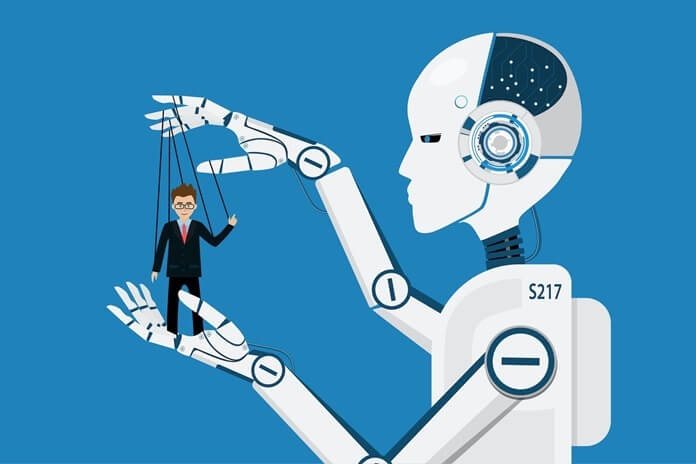
Many prominent IT experts, such as Bill Gates and Geoffrey Hinton (aka the “Godfather of AI”), have expressed concerns about the development of machine intelligence.
Even Elon Musk, the man who wants to send colonists to Mars, is concerned about how well humans can control AI. He has warned that artificial intelligence could become an existential threat to humanity and believes that preemptive safety measures need to be taken.
Likewise, Bill Gates has stressed the need for careful management of AI development to prevent unintended consequences.
Geoffrey Hinton, a recently retired Google vice president, said his job prevented him from speaking freely about the dangers of the technology he helped develop. Hinton believes the main threat posed by AI is unpredictability.
3. Invasion of personal space

Voice assistants based on generative AI, such as Alice, Siri or Alexa, can listen in on our conversations. For example, iOS 15 had a bug that allowed Siri to automatically record all user requests to the voice assistant. This data was sent to Apple servers. The bug was later fixed in the second beta of iOS 15.4.
The collection and analysis of personal data using AI algorithms raises concerns about personal data leakage and unauthorized access, which could lead to theft of funds and other privacy-related risks.
As AI continues to evolve, robust rules and privacy protections are needed to ensure people's right to privacy.
2. You can't hide from AI
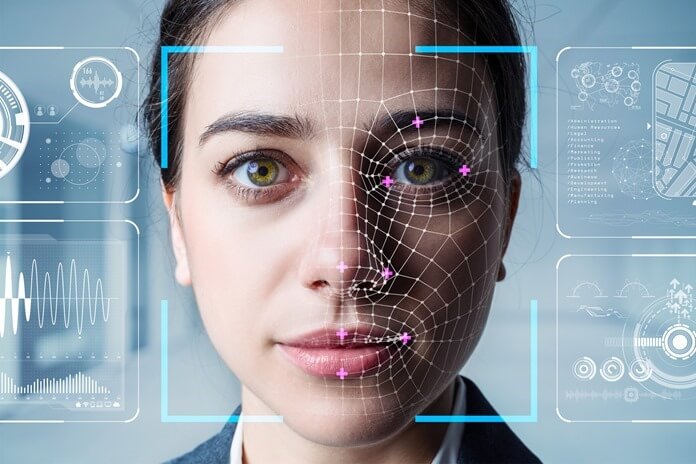
Machine intelligence's ability to recognize faces and analyze human behavior may not only violate our right to privacy.
If AI has the ability to control and track our every move, and can also predict how a person will behave in a given situation, this gives it a serious advantage over people. And this fact makes many people (including me) very uncomfortable.
1. Threat to human existence
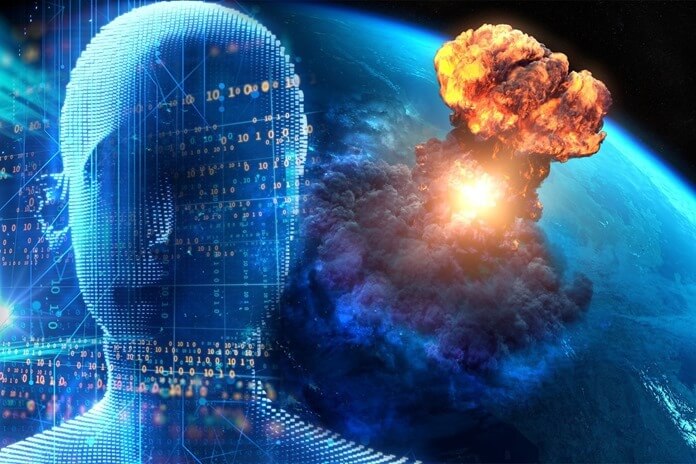
One of the main fears associated with the development of AI is that machine intelligence may pose a threat to human existence.
In May of this year, a host of tech experts, researchers, academics, and technology executives from tech companies including Microsoft, Google, OpenAI, and Deepmind signed a public statement calling on world leaders to treat AI with the same caution they do other major threats to humanity.
It says: "Reducing the risk of human extinction due to AI should be a global priority, along with other societal risks such as pandemics and nuclear war.".
Predicting the future and potential risks associated with advanced artificial intelligence systems is not easy. Will AI replace us? Is AI the natural evolution and future of humanity? When we are gone, will it remain? Time will tell.

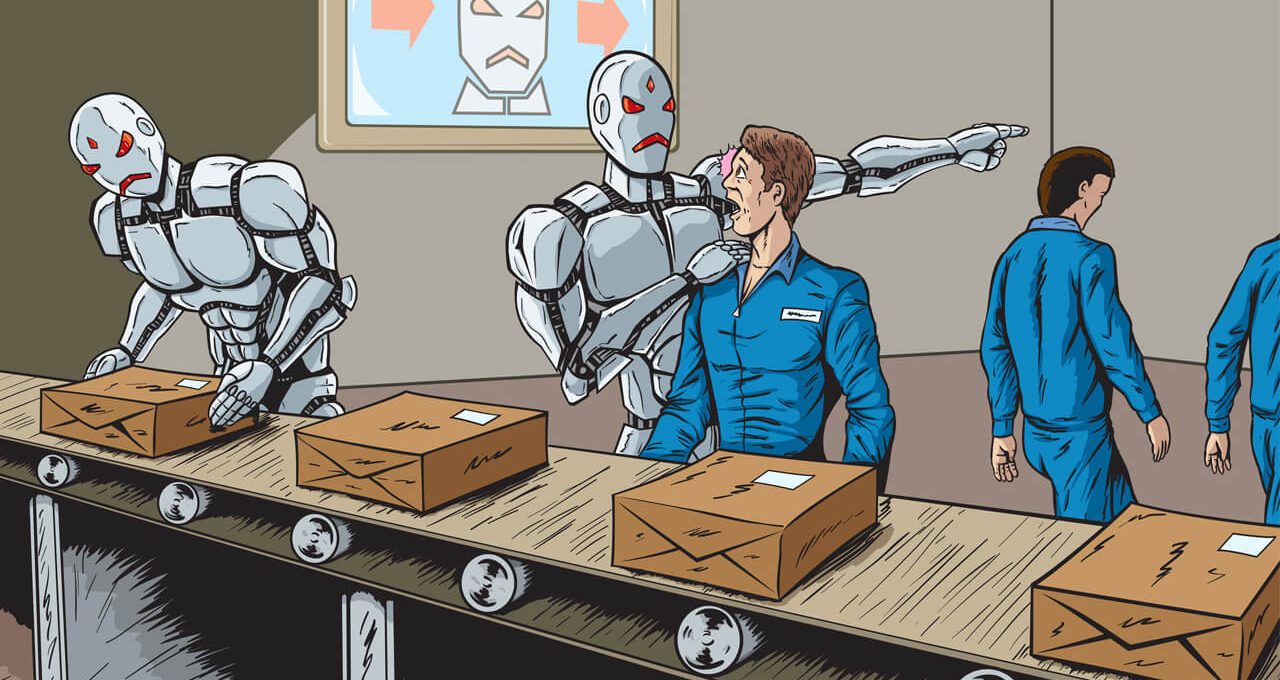












Оставить Комментарий